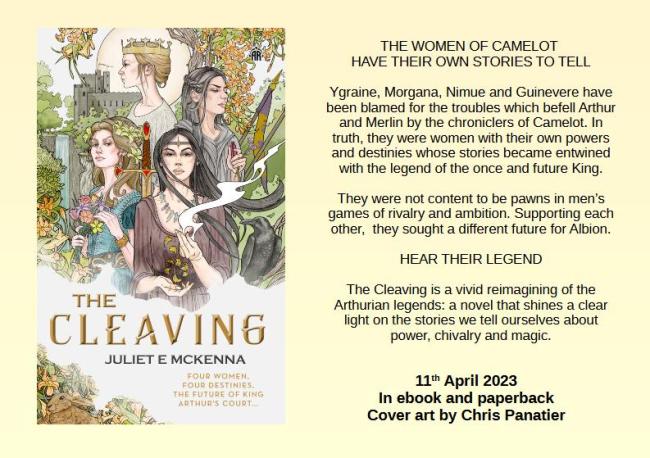The publishing trade press has been discussing the stresses and disappointments felt by debut novelists these days. The response on social media from established authors has been … not unsympathetic but it has certainly been bracing in offering a reality check. This article from David Barnett is a good reflection, and contains much good sense.
There’s one aspect I’m not seeing mentioned though, and this is important.
My greatest concern is the new writers I meet who have been taught by magazines, books and creative writing courses, to believe that the old business model of advances plus royalties from backlist will equal a modest living after a few years – as long as your well-written and edited book finds a readership and nothing disastrous happens.
That business model is dead as the dodo and has been for years. It relied on an ecosystem of multiple mass-market book shops in the high streets which has disappeared, and the book sellers we still have don’t carry backlist because well over a decade ago, publishers decided (for good reasons for their business model) to make titles over 18 months old firm-sale only. I frequently have to explain what that means. That came as a huge relief to one several-books published writer baffled by the lack of sales for her earlier books because no one had ever told her this.
The book trade has always relied on the 5-12 books a year reader, and a great many of those readers now make their choices from the limited selection of perfectly good books they are offered in the supermarkets. So the old rule of thumb that 20% of titles make 80% of a mass market publisher’s profits no longer applies. It’s more like 5% of titles bring in 95% of the revenue these days, and mass market publishers focus their efforts accordingly. They’re in business to make money.
Yes, this is a highly simplified view, and there are a whole lot of other factors at play, as I’m sure many of you reading this will be very well aware. The thing is though, I meet far too many new writers who don’t even know this much. Would-be authors have a responsibility to educate themselves about the realities of the book trade, from publishing to retail – but agents and editors could do more to check what misconceptions debut novelists have brought with them, and to make sure they’re up to date.
So that’s how the book trade doesn’t work these days. How can authors hope to make a living then? That’s a perfectly reasonable question, so I’ll consider that in my next post. After all, I’m still writing after all these years. Here’s my latest book for your consideration.




































